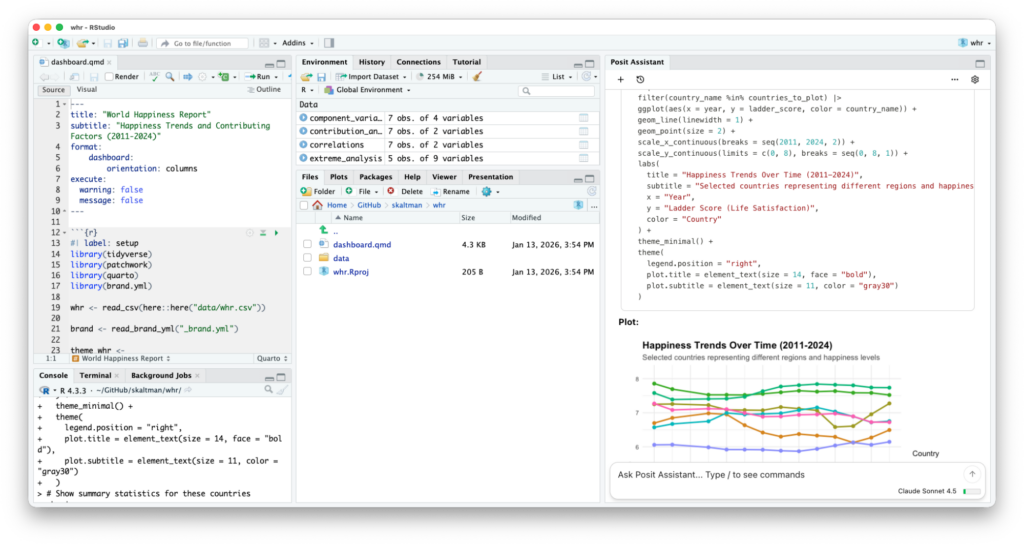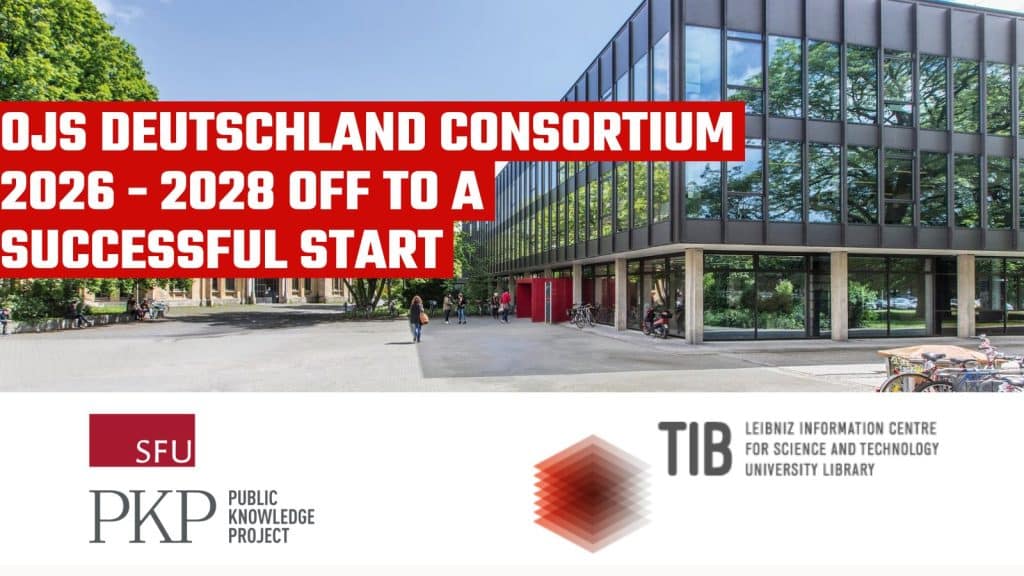The Data.gov team rolled out a beta-version of the next iteration of the Federal Data Catalog: https://catalog-beta.data.gov/. While there does not appear to be a new landing page as part of this release, there are notable changes to the look and feel of the catalog search page as well as to individual dataset pages (compare with https://catalog.data.gov). The beta-version is much more barebones.
Postagens de Rogue Scholar

Synthetic Eden is currently top 20 on Amazon's Genetic Engineering Sci-Fi list, so we're running a $0.00 deal to thank you. Join the experiment.

by Orysia Vira, Ukrainian Catholic University Street names are more than simple labels on a map ‒ they are historical documents that record the life of a city.

AIxBio, Claude's Constitution, UK AI+Science, exams with chatbots, R updates (Posit, R Data Scientist, R Weekly), reading what Adam Kucharski is reading, AI vs reality at Salesforce, papers+preprints.

read this article in English Im Januar 2026 startet das neue Konsortium „PKP Open Journal Systems Deutschland 2026–2028“. 14 Einrichtungen aus Deutschland haben gemeinsam ihre Unterstützung für das Public Knowledge Project (PKP) erklärt und sich für die nächsten drei Jahre zu Mitgliedsbeiträgen verpflichtet. Auf diese Weise tragen sie zur nachhaltigen und gemeinsamen Finanzierung relevanter Open-Access-Infrastruktur bei.

Ten years ago, I had a bad cold. This was not unusual as I have hypogammaglobulinemia (which means an abnormally low concentration of gamma globulin in the blood that leads to an increased risk of infection). But this cold was pretty terrible and quickly led to a secondary bacterial infection requiring antibiotics. I was coughing a lot and very hard. And I was starting to get headaches. That should have worried me far earlier than it did.

The OJS Deutschland Consortium 2026 – 2028 is off to a strong start with 14 new members committing to collective investment in sustaining PKP open infrastructure.

Hasta los años veinte del siglo XIX, Cuba y Nueva España contaron con experiencias políticas similares respecto a España. A partir de 1821 cuando México se independizó, emprendieron trayectorias distintas, pero no desarticuladas. El texto muestra varias conexiones históricas.

DataCite brings together descriptive metadata for millions of research outputs, resources, and activities, serving systems across the world that rely on DataCite for high-quality metadata to put research in context and enable downstream discovery, reuse, and impact. As a vital source of open data and a foundational infrastructure provider, we are committed to making DataCite metadata as open and as usable as possible.

Like most digital infrastructure nowadays, Rogue Scholar and the underlying digital repository platform InvenioRDM are built and deployed using Docker containers. There are many ways to orchestrate (manage) Docker containers; two common options are Docker Compose for local development and Kubernetes for production infrastructure.
Kathryn Bigelow’s latest film, A House Built On Dynamite, opens with the kind of dread that has long haunted American imagination: a nuclear missile, origin unknown, tearing toward the United States. No one can stop it. Not even the country’s own Ground-Based Interceptor missiles, whose accuracy is as disputed as the… The post Who Are We In A World Built On Algorithms & Dynamite? appeared first on carrier-bag.net.